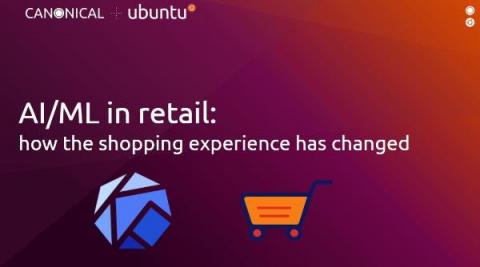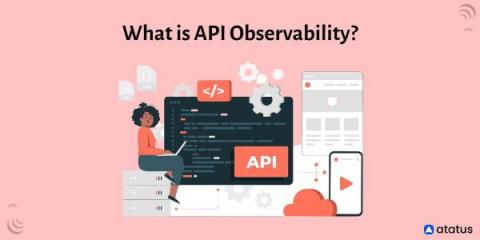Operations | Monitoring | ITSM | DevOps | Cloud
Technology
The latest News and Information on APIs, Mobile, AI, Machine Learning, IoT, Open Source and more!
AI/ML in retail: how the shopping experience has changed
AI/ML is reinventing the reality of many industries, including retail. From brick-and-mortar stores to online marketplaces, retail companies are all increasing their investments in artificial intelligence, in order to gain a competitive advantage, better understand their customers and solve some of their long-lasting problems.
Remote IT Assistance Software: How to Balance Support with Security
While conventional remote IT assistance software is super efficient for instant IT support, it can also come with data privacy and security concerns. So how do you create a balance between providing effective tech support and maintaining privacy and security? If you have customers in highly regulated industries such as healthcare, surveillance security, or industries that involve personal data or information this is an even more crucial question.
Aiven's Open Source Program Office
Who What Where and Why of Commercial Open Source [Session Recap]
This article is based on conversations with Lætitia Avrot, Field CTO at EDB and David Tuite Founder of Roadie from our webinar on the Who What Where and Why of Commercial Open Source that you can watch here.
An Introduction to Apache Parquet
A look at what Parquet is, how it works and some of the companies using its optimization techniques as a critical component in their architecture. As the amount of data being generated and stored for analysis grows at an increasing rate, developers are looking to optimize performance and reduce costs at every angle possible. At the petabyte scale, even marginal gains and optimizations can save companies millions of dollars in hardware costs when it comes to storing and processing their data.
Access Bitbucket Cloud repositories more securely with resource-scoped access tokens.
Botswana Telecommunications Corporation Limited (BTC) partners with Infovista for optimization of its mobile network
Measuring application performance in Swift using transactions
So you’re building a mobile app that’s performing big data requests; or crunching big data. But now you’re asking yourself: With Sentry’s Custom Instrumentation you can keep an eye on those big data-handling functions. Let’s see how you can implement them in your Storyboard and SwiftUI projects.
What is API Observability?
Mission-critical apps that are deployed on the cloud drive today's modern enterprises, which in turn power their businesses. These applications' fundamental units are microservices, which tiny development teams created to enable speedy feature releases to the market. APIs serve as the ties that bring these microservices together so they can cooperate.











